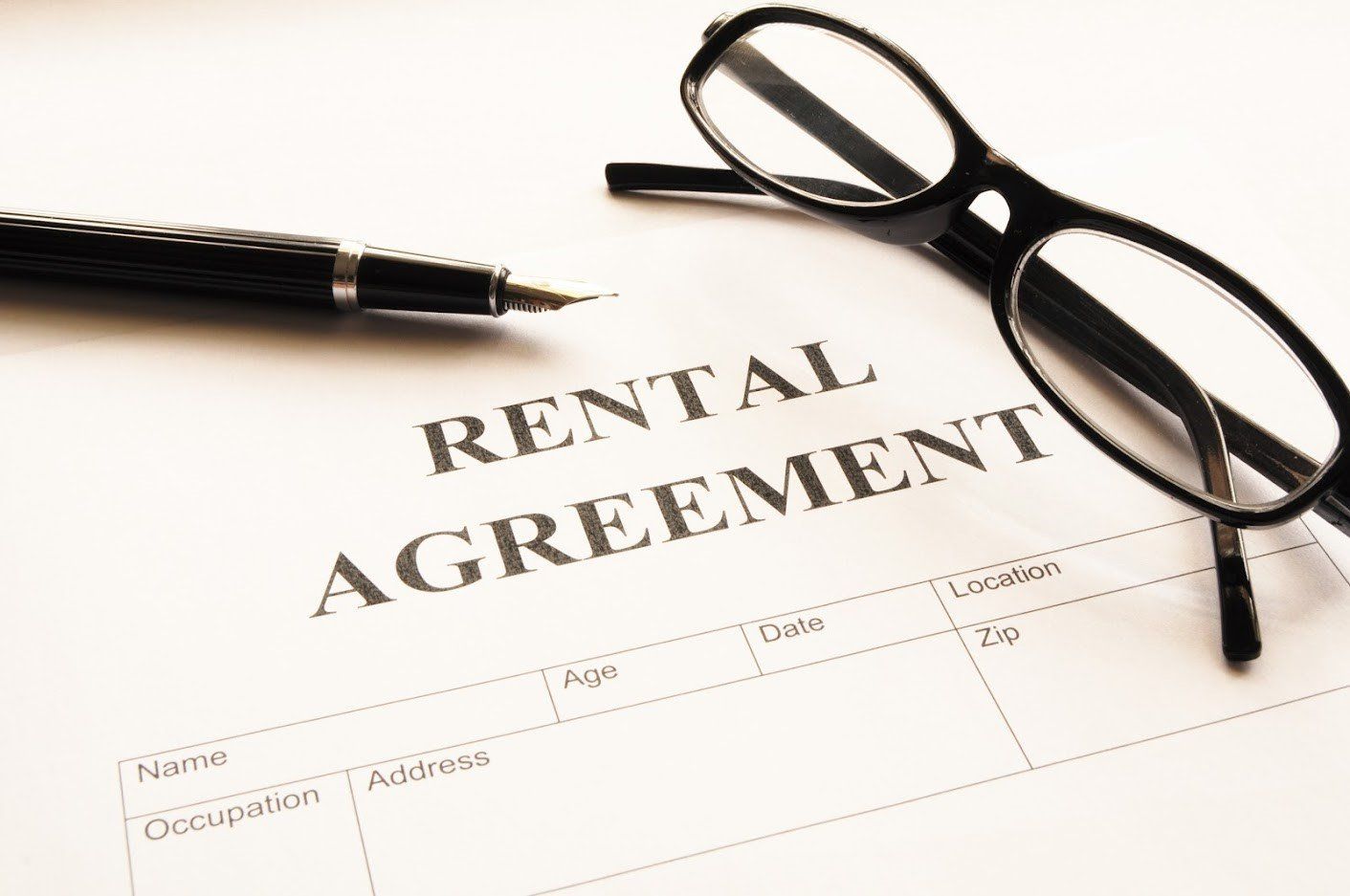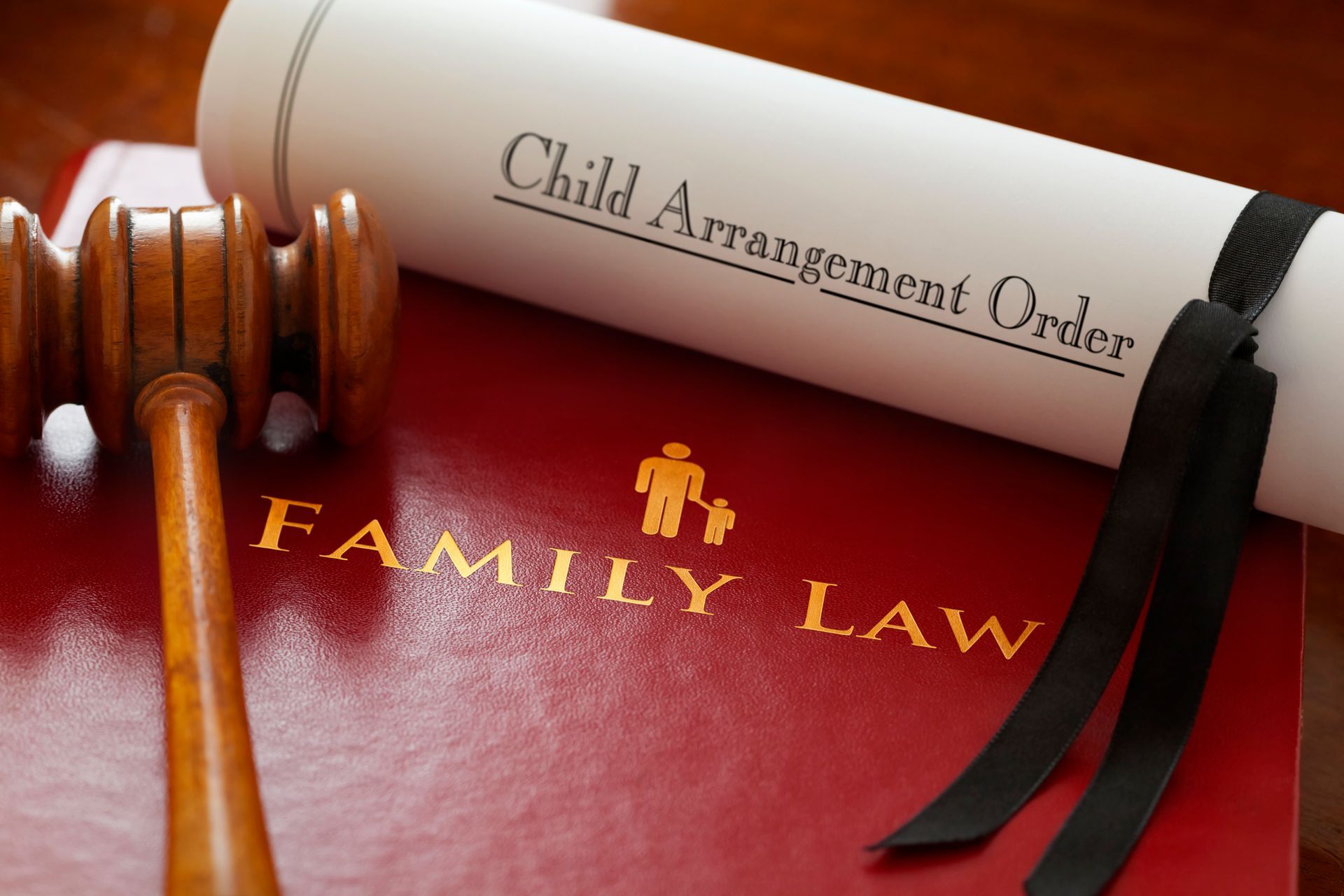Need to Sue Your Landlord? Start With a Demand Letter
Are you considering taking legal action against your landlord for one or more violations of your rights as a renter? If so, your chances of success go up when you follow the right steps and procedures. And one of these steps that should be taken but may be overlooked is a demand letter.
What is a demand letter in legal terms? What purpose does it serve? And how can you craft a demand letter that gets results? Here's what you need to know.
What Is a Demand Letter?
Legally speaking, a demand letter is a written request made by a wronged party to demand that the recipient take some action to remedy a problem. It is a common first step in the civil litigation process — completed long before anything heads to court — and is prepared by the claimant or their representative. The letter may then be sent via certified mail or another means that proves it was delivered.
Why Send a Demand Letter?
Demand letters have many useful purposes. First and foremost, the letter creates a paper trail showing that you've attempted to resolve the issue out of court. Because many landlord/tenant conflicts happen verbally rather than in writing or on video, the demand letter may be the first verified written explanation of the complaint. It's also usually the most legally binding.
A second reason to use this letter is to show your landlord you're serious. Landlords get away with rights violations because they know that many tenants won't follow through on legal threats. Yours may be counting on you to decide that pursuing compensation isn't worth your time either. Because the demand letter is a widely recognized first step, it carries more weight. Your landlord has to take you more seriously.
Some demand letters are also the beginning of a negotiation. If you're demanding that the landlord fix some problem in the unit that makes it unlivable, you might outline your proposed solution and terms. The landlord may respond with a different solution or a different time length. Negotiations like these can avoid the use of more expensive legal tools.
Don't overlook the value of this letter as a chance to organize your thoughts and learn more about your rights. The letter can be used as a sort of skeleton that outlines some of the most important parts of your potential legal case. While writing this letter, gather together good points, write down necessary backups, collect evidence, and come up with a general strategy to prove your claims.
Finally, some cases or courts may require a demand letter before you can move on to litigation. If mandatory, you must take this step — and do so earnestly in good faith — to try to resolve the issue outside of court, even if it's unlikely to succeed.
Why Should You Get Help With a Demand Letter?
Demand letters are a challenge for many reasons. First, they must be crafted well in order to succeed. Overly emotional or angry letters — a common challenge in landlord/tenant disputes — don't paint you in a good light, and they can even make the conflict harder to resolve. And because the letter may be read in court, emotional letters may not prove convincing to a judge.
Each demand letter must also be written with its audience and goal in mind. There is no single form of letter that can achieve every good outcome. While most demand letters have some elements in common — such as specifics about the incident or grievance and direct reference to your legal rights as a renter — some work better as a more emotional argument while others should be more technical in nature.
Finally, most renters are unfamiliar with writing a legal document. They may not know where to start or how much detail to include. The idea of drafting a letter that may be included as court evidence might be intimidating. And some renters may fear that writing the wrong things could make their case harder to win.
For these reasons, most renters should consider getting professional help writing their demand letters. If the dispute is serious enough to warrant possibly going to court over, you should invest in getting the right help from the start.
Where Can You Get Help?
Whether you've already started on your demand letter or you need help with the entire process, the best place to get that assistance is from an attorney in your state who has experience with landlord/tenant civil disputes. They will have drafted many demand letters for other clients and can help you formulate the best one for your particular grievance.
Hart Law Offices, P.C., has assisted Idaho renters with all types of landlord/tenant disputes for more than 45 years. Call today to make an appointment, get help with your demand letter, and start finding the resolution you need for your case.



















